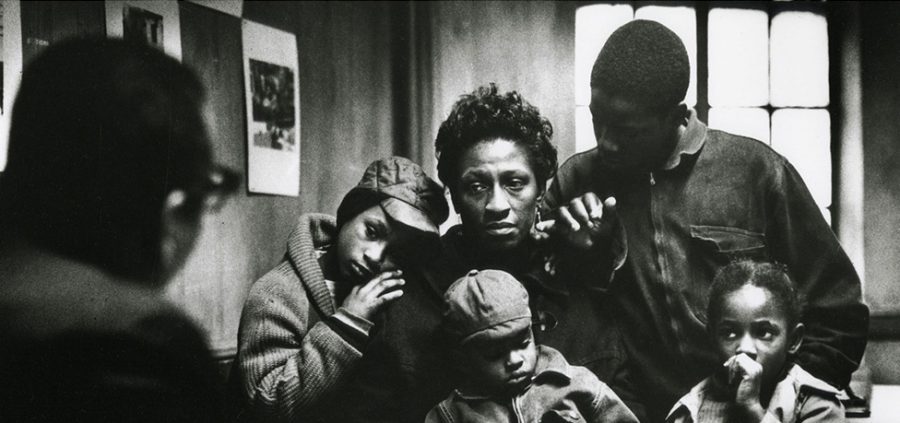Unheard African American Heroes
Over the course of American history, African Americans have fought for basic human rights for over 200 years. Most people know about figures such as Dr. Martin Luther King Jr. and Rosa Parks who were some of the most influential leaders of the Civil Rights Movement. However, they were not the only influential people during that time period. Without taking away MLK’s recognition, we should also focus on the lesser known African Americans who put their life on the line to fight for what their ancestors couldn’t and what their future generations deserved.
Many African Americans used journalism to expose the South to the North and to force the government to aid African Americans in their fight for basic human rights.
Gordon Parks left an impactful mark on photojournalism. As an advocate and documentarian for the civil rights movements around the 1950’s, his works portrayed not only the struggle of African Americans during this period, but also their dedication and strong will to not give up during their battles.
From photography to journalism, another impactful African American Civil Rights advocate left her mark on the world through persistent editorials.
Ida B. Wells, an African American woman who lived from 1862-1931, fought for anti-lynching laws of African Americans, women’s suffrage, and African Americans’ Civil Rights. She articulated editorials through a Memphis Newspaper called Free Speech and Headlight, exposing the South for their horrifying normalities until it was destroyed by a mob for her “outspokenness” which caused her to bring her movements to Britain, then Chicago, Illinois where she permanently settled. Her bravery and courage helped her launch the National Association of Colored Women (NACW) and become a founding member of the National Association for the Advancement of Colored People (NAACP).
Furthermore, the Civil Rights Era was also exposed through vivid photography that could not be altered as its the truest form of reality.
Ernest Withers (1922-2007) used his camera to bring light to the segregation that was embedded into every aspect of life in the south. He captured many influential leaders during the Civil Rights Era such as Dr. Martin Luther King Jr., James Meredith, and Medgar Evers. He also captured the evolution of Rock and Rock and Rhythm and Blues music by revealing the audiences and how they changed demographically over the years. Last, he also captured the injustices in the baseball leagues. He photographed the Memphis Red Sox during the last years of the segregated baseball leagues.
Though they have come a long way starting out from being considered property to becoming individual persons with rights, there is still a long way to go. The fight for equality in not just written documents, but the mindsets of citizens calls for a much longer battle that must be fought in unity.
Sources:
https://goo.gl/images/Vcq6RP (Image)
http://www.gordonparksfoundation.org/artist











